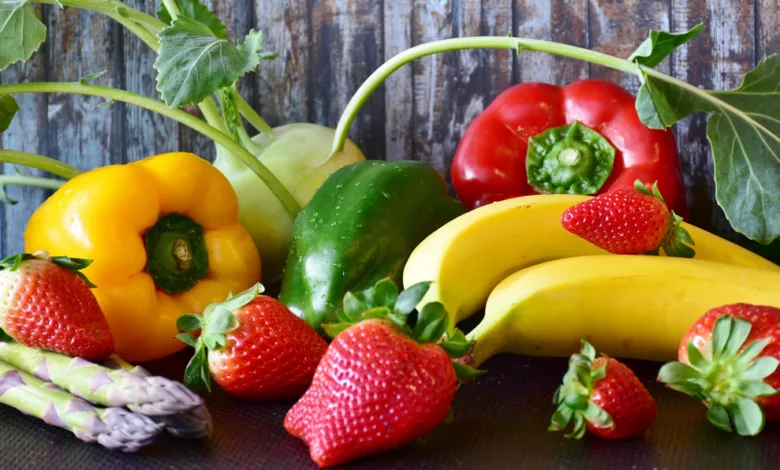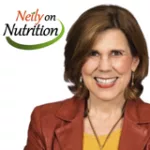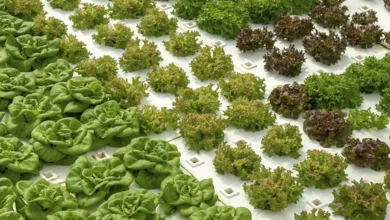Organic Food Is Not Always Better

By Jennifer “Neily” Neily, MS, RDN, FAND ~
Surveys reveal consumers generally believe organic food superior to non-organic food. They think it’s healthier, more nutritious, and free of pesticides.
But is it?
Since the USDA National Organic Program began in 2002, foods certified to be organic must follow strict government guidelines. But the USDA’s organic certification is a process certification, not a product certification. This has nothing to do with the quality of the product, its nutritional value, or its safety. Organic foods differ from conventionally produced foods in the way they are grown, handled, and processed.
The Dirty Dozen
Every spring, the Environmental Working Group (EWG) — an advocacy organization with financial ties to the organic industry — releases a guide with lists of fresh produce. Fruits and veggies are ranked accounting the amount of pesticide residue they contain from high (bad) to low (good).
The 12 foods with the highest ranking are called the “Dirty Dozen.” If you wonder what is best to buy organic, the list implies it’s best to buy organic from the Dirty Dozen.
Here’s the thing: The EWG does not do any testing. It creates the annual rankings based upon the USDA’s Pesticide Data Program. Pesticides used on crops are tightly regulated.
“The presence of a residue is not equal to the presence of risk,” Dr. Joe Schwarcz, Director of Office for Science and Society at McGill University, said.
Added food toxicologist Carl Winter, PhD: “The Dirty Dozen list is developed using arbitrary and inappropriate indicators of pesticide exposure and, as such, lacks meaningful scientific merit.”
Understand this: The intent of the list is to diminish trust in conventional farming while promoting pricey organic alternatives.
The Dirty Dozen concerns me
Pesticide contamination concern is way overblown and creates fear. We’ve all read articles or material implying non-organic (conventional) food is “scary dirty,” loaded with harmful chemicals, and swimming in pesticides.
Fear-based marketing is prevalent in our food industry. According to the Centers for Disease control, only 1 in 9 adults eats the recommended number of fruits and veggies every day. That’s sad. People need more reasons to eat fresh produce, not less.
According to a pesticide residue calculator from the Alliance of Food and Farming, one person could consume 672 servings of grapes in one day without any effect — even if those grapes contained the highest pesticide residue for grapes ever recorded by the USDA.
Wow.
Final thoughts
We need to emphasize more wholesome foods. Focusing so much on synthetic pesticides draws away from real health problems such as inactivity, poor diets, stress, lack of sleep.
So, what should you do?
- If buying organic makes you feel better and you can afford it, do it!
- Don’t feel guilty if organic food doesn’t fit into your budget.
- Buy local, in season, and — if you’re lucky to have a green thumb — plant a garden!
- Remember to always wash produce well.
The bottom line? Eat fruits and veggies, regardless of whether organically or conventionally grown.





